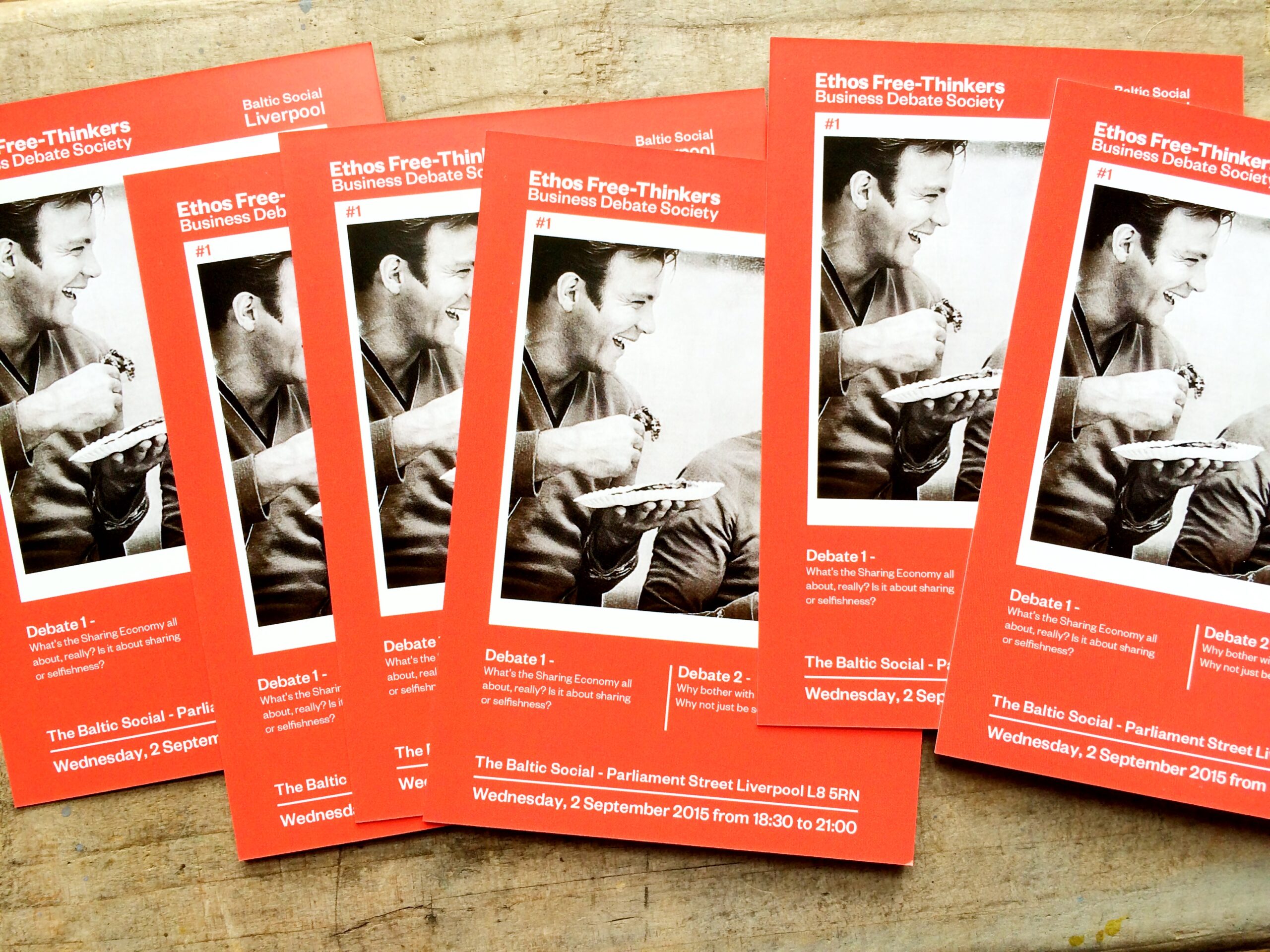Debate 1: What’s the Sharing Economy all about, really? Is it about sharing or selfishness?
We should keep calling it the sharing economy.
Whilst there have always been tech-based sharing platforms from the earliest days of the web, the current prevalence of sharing economy companies – whether huge, well known ones like Uber and AirBnB, or less well known companies still trying to get out of the blocks – is certainly evidence that it is growing in importance. It has even become a topic of discussion in the current jostling for position in the US presidential race. But recently, there’s been a kickback of sorts against the sharing economy. It has been argued forcefully that it is, in reality, nothing like sharing. In fact, some say, it is capitalism red in tooth and claw – a way of sweating assets beyond all reasonable lengths. The psychological damage of hot-desking in dark satanic call centres has been well attested to over the last twenty years, and it is obviously beyond the pale for workers to have to share living space in shifts. But what else, in essence, is AirBnB than a way of sharing out your own bed while you’re not using it yourself?
The idea that this sort of system bears any relation to sharing in the traditional sense is, perhaps quite rightly, said to be nonsense. And yet, some intriguing academic work suggests that those who have a problem with calling this new form of capitalism ‘the sharing economy’ would be better served by keeping their counsel. Back in 2003, university researchers Aaron Kay and Lee Ross at Stanford conducted a study using a standard trope in Game Theory, the prisoners’ dilemma. Briefly, they studied the feedback loop of how one person’s behaviour affects other people’s behaviour, which subsequently affect the original person’s behaviour. What they found was both astonishing, and also confirmation of something that might form the basis of a medieval old wives’ tale.
They had college students play an economics game they named either the Wall Street Game or the Community Game. In fact, they were all playing a version of an economics game called the Prisoner’s Dilemma. In a standard Prisoners’ Dilemma game, the players each have a collective interest to co-operate with each other and subsequently share the proceeds of their co-operation, but each also have an individual interest to compete with each other and subsequently reap fewer rewards.
The researchers discovered, perhaps unsurprisingly, but still astonishingly, was that calling the game “community” led to more players acting in their collective interest, and hence achieving the optimal score. Calling the game “Wall Street”, meanwhile, led to more players acting in their self interest, and ending up with a suboptimal score. The study showed, essentially, that simply by naming concepts in a more socially-responsible way leads to improved outcomes on an objective level. So, for those who would rather the sharing economy be called the App-sploitation Economy, Precariat Capitalism or any other similar epithets, it might be worthwhile to embrace positive terms and reject negativity. You might object that this is meekly accepting current inequalities in the system and doing nothing to improve them. But merely objecting to new forms of capitalism without coming up with alternative innovations ourselves is no use either.
As self-fulfilling prophecies go, at least this one has been subject to a controlled test in an academic institute. It is incumbent on those who want to see capitalism taking a more genuinely sharing direction to work to make it happen. And if that means accepting the validity of sharing economy models, then so be it.
Read Toby’s argument against the sharing economy here…
The next Ethos Debate Club will take place on Thursday 12 November in Launch 22 on Tithebarn Street in Liverpool. If you’d like to come along, you can find tickets here.


